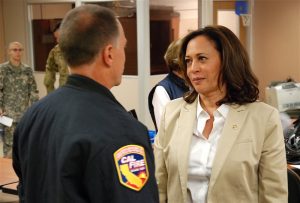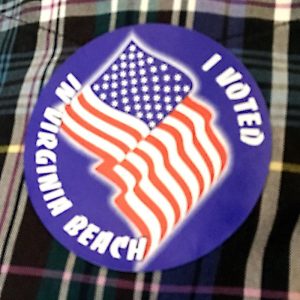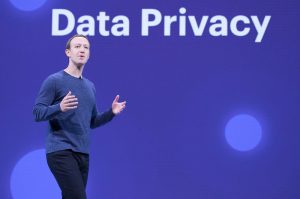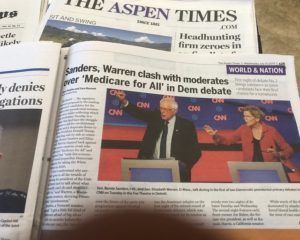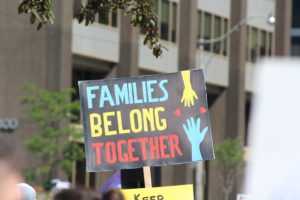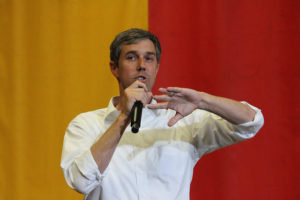
Beto O’Rourke on the campaign trail in Iowa
Since approximately 23 candidates are competing for the Democratic Party’s 2020 presidential nomination, each candidate must try to stand out from the pack. In that respect, former Texas Congressman Robert “Beto” O’Rourke is making a name for himself by doing things differently. First, O’Rourke rolled out his campaign on a local level, with a flurry of town hall appearances in places like Pacific Junction and Davenport, Iowa, rather than making a national splash with televised rallies in big cities and associated online fundraising.
Only lately, O’Rourke has made the shift to more national appearances, including a CNN town hall and an appearance on ABC‘s “The View.” As O’Rourke stated on “The View” regarding his local campaigning thus far,
I learned so much by being with them, by listening to them, by incorporating their stories into how I’m campaigning. So, with months to go before the first caucus or the first primary, listening to people, showing up everywhere. With 20 candidates, these elections might be decided in these various states by a thousand, a hundred, a dozen votes, so every single one of these conversations counts. I’m going to continue to show up everywhere to ensure that we have them.
